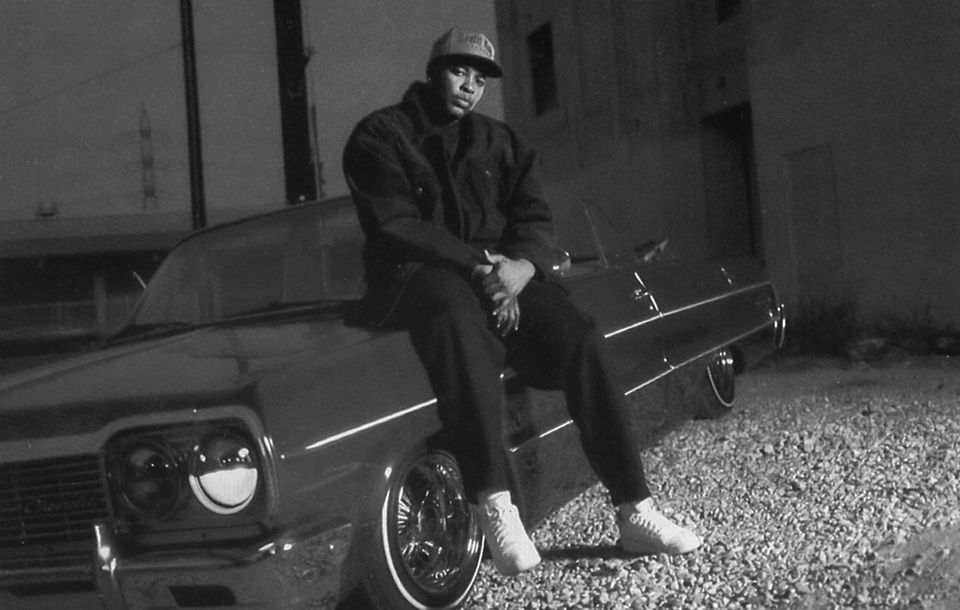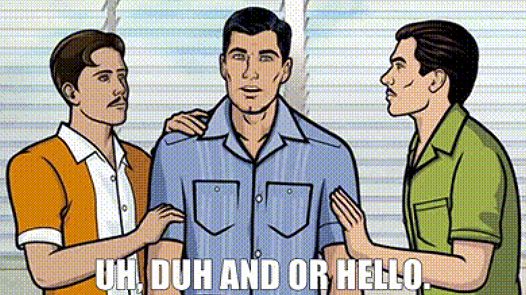When to Trust Your Guys

On Monday, Joe Mazzulla admitted that during Game 4 he should have called a time out at the end of overtime. To which I, and most everyone else on Earth, would say:

But it got me thinking of when exactly you want to trust your guys to play without the benefit of a time out. Take a walk with me on this thought journey.
- When you have everyone on the court that you want. Mazzulla has said he didn't want to give Philly a chance to reset with better defenders. That's a nice thought, but it is only the most important thought when you have all the players you want on the court for offense. That was not the case at the end of overtime. This was a situation where Mazzulla could have taken out Marcus Smart in favor of inserting Malcolm Brogdon. The broadcast noted that the Celtics had tried to do exactly that when Joel Embiid took his free throws with 56 seconds left in overtime, but failed to get him to the scorer's table in time. I understand the temptation to stick with Smart – he shot well yesterday in Game 4. But for the season, Brogdon's eFG% was .574, compared to Smart's .511. That .511 is clearly the worst among the players who were on the court – Al Horford (.627), Derrick White (.560), Jaylen Brown (.550), and Jayson Tatum (.543) all shot significantly better. That's why opponents leave Smart wide open in these situations. Bringing in Brogdon would have given the Philly defense less margin for error.
- When things are going according to plan. Specifically, if you hold serve on defense, or give up a bucket you're expecting to give up. For instance, if Embiid gets a lay up there to tie the game, OK! Joel Embiid gets a lot of lay-ups. Sometimes, there's nothing you can do about them. But when you double team, and a guy drills an open three pointer to put you down a point – that wasn't the plan. The plan was not to be losing. And when things aren't going to plan, you need a few seconds to regroup. A variation of this would be "when the plan is acceptable." Smart, for whatever reason, likes to walk the ball up late in games. But when you're down by one point with 18.2 seconds left, you do not have the luxury of that plan.
- When a negative outcome doesn't end the game. Not calling a time out at the end of regulation was somewhat more defensible because the Celtics had the ball and the game was tied. A missed shot there doesn't end the game. That was not the case at the end of overtime. You miss – or don't get a shot off at all – and the game ends. Poof! These games are too important to leave completely to chance and random variation.
- When the clock is working against your opponent and not you. Boston sports fans will always be tempted to invoke Bill Belichick's name in these discussions, because he psyched out Pete Carroll at the end of Super Bowl 49. But in that situation, the clock was working against Carroll and the Seahawks. They were losing. That was the situation Mazzulla found himself in. His team was losing. He wasn't Belichick in that scenario, he was Carroll.
- When your team is well rested. If you get to that final possession with a group of guys who have played in the low 30 minutes, OK, fine. But the only player on the court at the end of overtime in that situation was Derrick White. Again, as I mentioned in my prior newsletter, Tatum and Brown had played 47 and 44 minutes, respectively, at the end of overtime. Maybe they weren't gassed (though that would explain why Brown was a ghost during overtime – no shots, points, rebounds, assists, steals, blocks, turnovers, or fouls), but they would have benefited from a breather.
There are definitely situations where you can trust your guys to go without a timeout. No matter how you slice it, the end of Game 4's overtime was decidedly not one of those times. All Celtics fans can do is hope that this time Joe Mazzulla truly has learned his lesson. Sadly, I'm not holding my breath.
Execution
Superior talent almost always wins. But when the disparity in talent is not as extreme, execution takes over. We've seen that in the Sixers-Celtics series, and we've really seen it in the Heat-Knicks series. In the latter series' first four games, the Heat have forced the Knicks into 52 turnovers, while committing just 39 of their own. Likewise, the Heat have shot .798 on their 99 free throws, which is 100 points better than the Knicks have shot on their 96 free throws (.698). You would be hard pressed to call Miami the more talented team – the Knicks have a lot of talented players! But the Heat simply do not beat themselves. You have to take it from them, and that's what makes them so tough to beat in the playoffs.
Amazing
I just want to say how amazing it is to watch LeBron James still be doing this. The Lakers don't win Game 4 over the Warriors without Lonnie Walker IV (Lonnie Walker IV!!!!! WOW!!!!), but James is putting them in position to win these games. There were a bunch of possessions tonight where he guarded Stephen Curry, and that was just so fun to watch. The NBA ... it's faaaaaaaaaaaantastic!
